As people grow older, life can change in big ways. Retirement, losing a spouse, moving to a new home, or dealing with health issues can all be hard. These changes can feel scary, lonely, or confusing.
That’s why it’s so important to support your elderly loved ones during these times. Here are some simple and caring ways you can help:
Talk and Listen
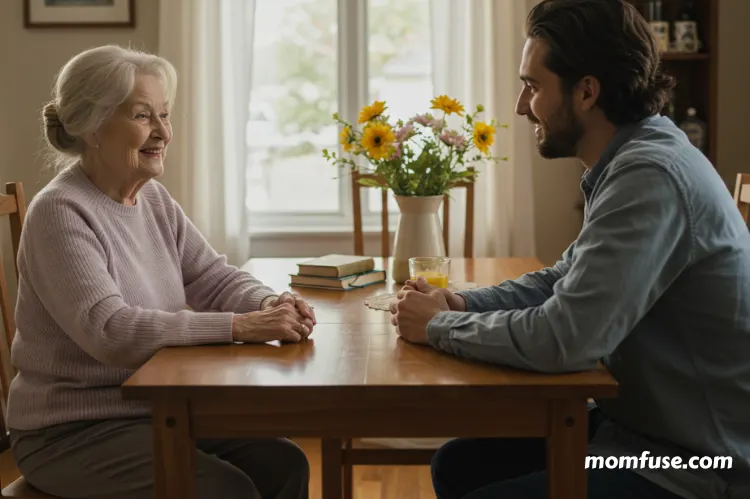
Good communication is key. Sit down with your loved one and talk openly. Ask how they feel. Let them speak without interrupting.
Try not to rush decisions.
Instead, include them in the process. When they feel heard and respected, they are more likely to feel comfortable with changes.
Be There Emotionally
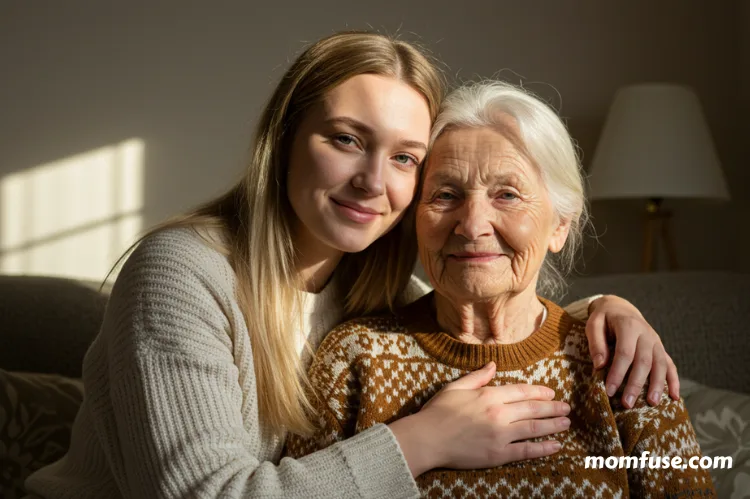
Life changes can bring sadness, fear, or stress. Your support can make a big difference. Sometimes, just being there is enough.
You don’t always need to fix the problem-just listen, offer a hug, or hold their hand. If they seem very upset or withdrawn, you might suggest they talk to a counselor or therapist. Also, visiting one of the best facilities can be beneficial because some of them offer emotional tools for older adults.
Help with Daily Tasks
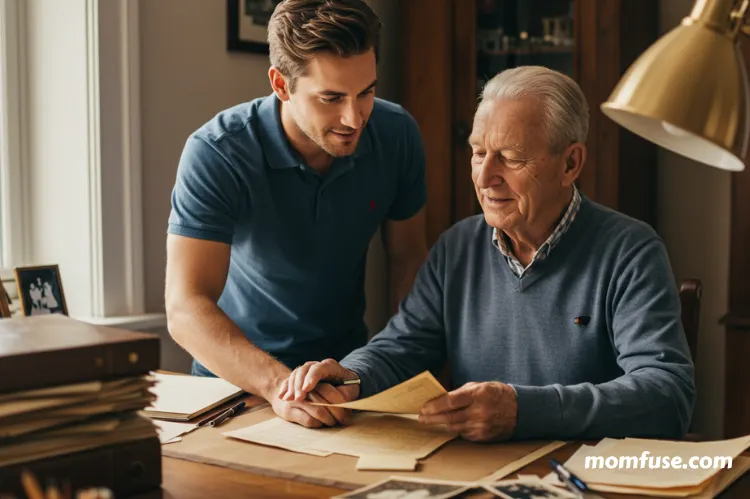
Big changes can be overwhelming. Things like moving, sorting papers, or going to medical appointments may feel like too much for them to handle alone. Offer to help out.
Go with them to the doctor. Help organize their finances or paperwork.
If they’re moving, help sort their belongings and pack. Work at their pace and be patient.
Keep Them Social
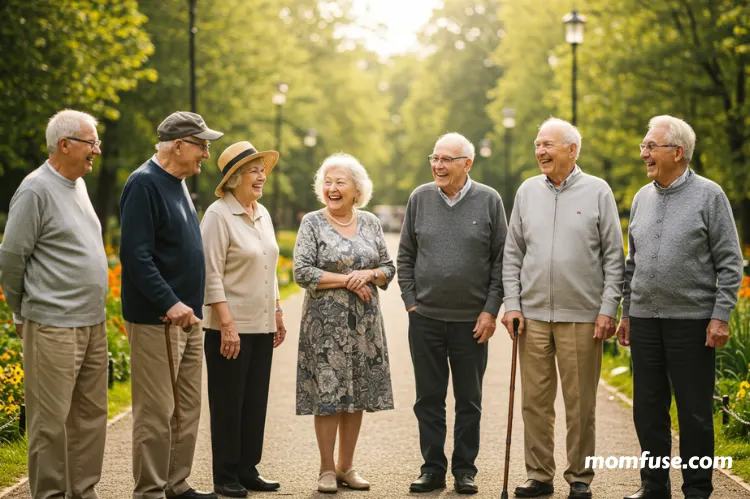
Many older adults feel lonely, especially if they’ve lost a spouse or moved away from friends. Staying social is important for their mental and emotional health. Help them stay connected with family and friends.
Encourage them to join a group, attend events, or even learn how to use video calls. Small social interactions can go a long way.
Support Their Independence
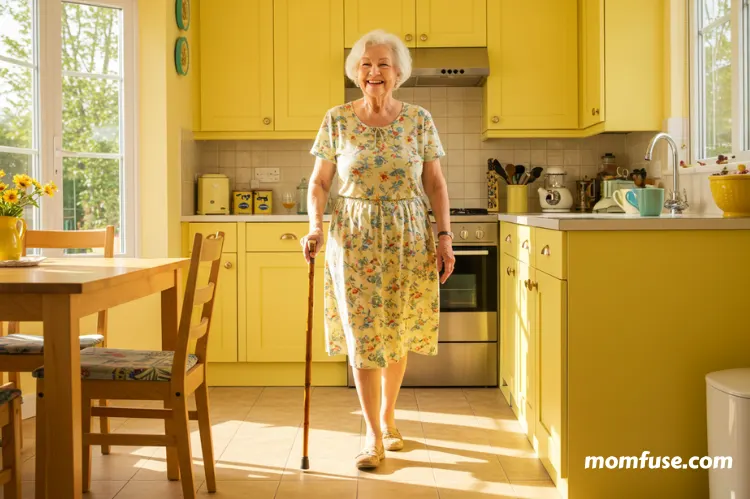
While it’s good to help, don’t do everything for them. Let them do things they’re still able to do safely. Independence gives people a sense of pride and control. You can make small changes at home-like adding grab bars or using simple tools-that make daily tasks easier and safer. For elderly loved ones who enjoy going out on their own, consider using Tranquil’s GPS tracker for elderly family members to help ensure their safety while respecting their freedom. This can give both you and your loved one peace of mind.
Don’t treat them as if they were incapable simply because they need occasional support with certain tasks. Setting some healthy boundaries for seniors will allow loved ones to offer help without taking away autonomy or dignity. Clear expectations reduce frustration on both sides and encourage mutual respect. Over time, this balance helps preserve confidence while maintaining safety.
Take Care of Yourself Too

Caring for someone else can be tiring. Make sure to rest and ask for help when you need it. You don’t have to do everything alone.
Family, friends, or professional caregivers can share the load. When you take care of yourself, you’ll be better able to support your loved one.
Learn About What They’re Going Through
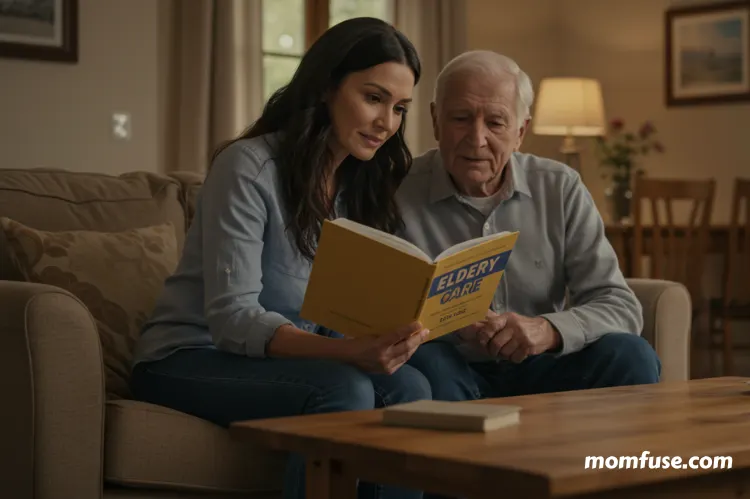
Each life change brings different challenges. For example, retirement may bring a loss of purpose, while a health diagnosis can bring fear.
Take time to read or ask professionals about what your loved one might be experiencing. The more you understand, the better you can support them in a kind and thoughtful way.
Make Your Elderly Life Transitions Easy
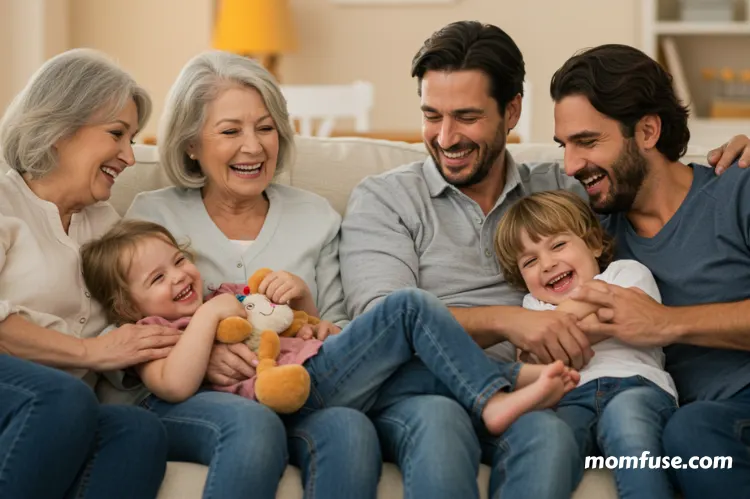
Big life changes can be hard for older adults, but your support can make those changes easier. Talk with them, listen to their needs, and offer help without taking away their independence.
Stay patient, stay kind, and remember that small acts of care mean a lot. By being there for them, you’re showing love and respect during a time they need it most.
If you want to read more articles, visit our blog.
Read Next: Explore Senior Living Options Tailored to Your Lifestyle Needs
Jessica Fuqua is a mom of two who writes about the messy, beautiful reality of raising kids. She believes parenting advice should feel like a conversation with a friend, not a lecture. When she’s not writing, she’s probably reheating the same cup of coffee for the third time.

